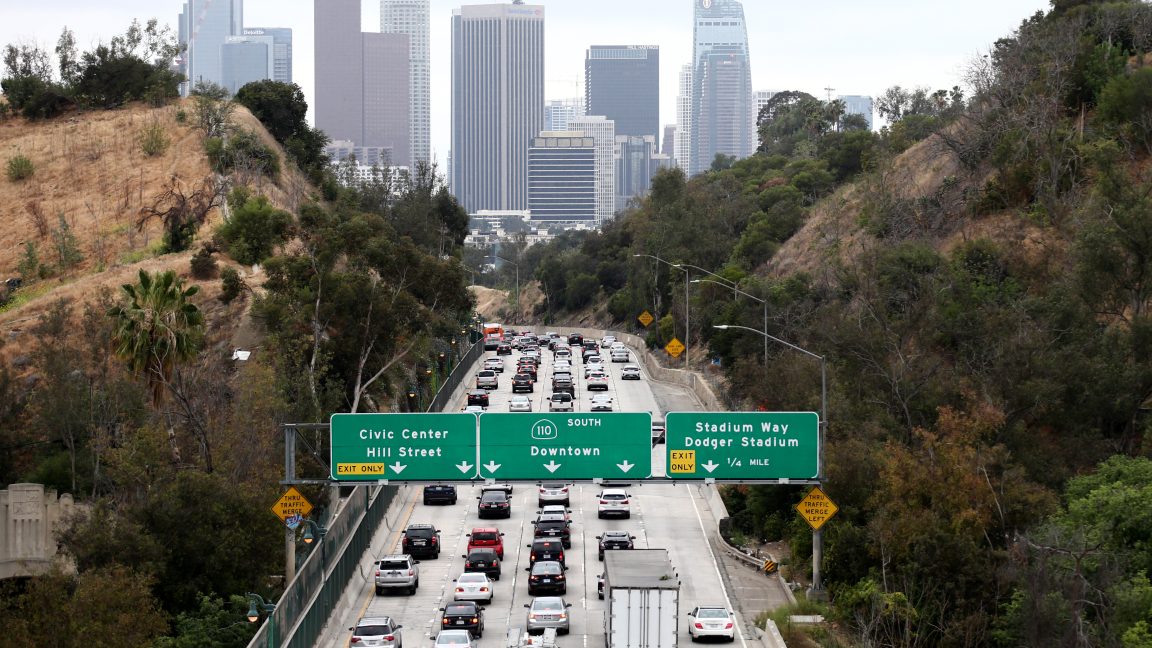EPA's Endangerment Finding and its Challenges

- The EPA's endangerment finding classified greenhouse gases as pollutants in 2009
- The finding has been challenged in court, including in the West Virginia v. EPA case
- The Inflation Reduction Act specifically mentions the intention to limit carbon emissions
- The Supreme Court's decision not to overturn Massachusetts v. EPA has maintained the finding's validity
- The endangerment finding requires the EPA to attempt to regulate greenhouse gases
- The finding has been the basis for various climate change mitigation efforts
The Environmental Protection Agency's (EPA) endangerment finding, issued in 2009, determined that greenhouse gases pose a threat to public health and welfare. This finding has been the subject of numerous court challenges, including the notable case of West Virginia v. EPA. In this case, the Supreme Court ruled that Congress had not explicitly authorized the EPA to regulate greenhouse gases under the Clean Air Act.
Despite these challenges, the endangerment finding has remained in place. The Inflation Reduction Act, signed into law in 2022, specifically mentions the intention to limit carbon emissions, eliminating one potential roadblock to regulation. The Supreme Court's decision not to overturn the Massachusetts v. EPA case, which established the EPA's authority to regulate greenhouse gases, has also helped to maintain the finding's validity.
Background and Implications
The endangerment finding has significant implications for climate change regulation. As long as it remains in place, the EPA is required to attempt to regulate greenhouse gases. The finding has also been the basis for various climate change mitigation efforts, including the development of fuel economy standards and the regulation of power plant emissions.
However, the Trump administration's efforts to challenge the endangerment finding have been unsuccessful. The administration received several petitions to revisit the finding, but these were rejected due to their lack of scientific merit. The petitions relied on flawed research and misinformation, highlighting the ongoing debate over climate change and the role of human activities in contributing to it.